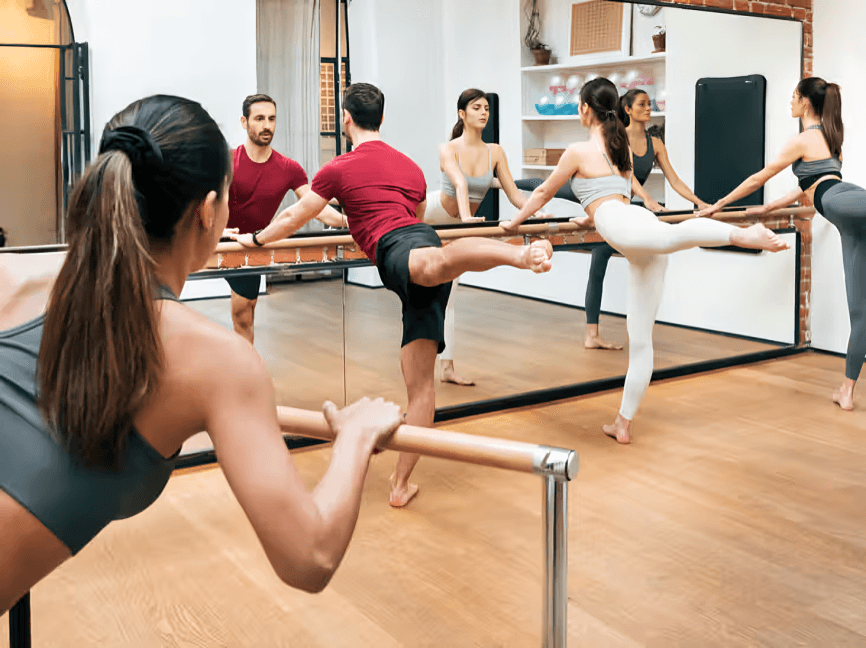
“
Overcoming social anxiety is a transformative journey that can drastically improve your confidence and well-being. By understanding the root causes and developing key strategies, you can take control and enjoy social situations with ease.1
1
”
Cognitive Behavioral Therapy reframes negative thoughts, enhances emotional awareness, and reduces social anxiety, boosting self-belief, resilience, and confidence through consistent practice. 1
Gradual exposure to feared social situations desensitizes anxiety triggers, helping build confidence with small steps, consistent effort, and controlled breathing for smoother interactions. 2

Regular physical exercise boosts serotonin, reduces stress, and elevates confidence. Activities like walking, dancing, or yoga calm the mind, increase body awareness, and support social interaction readiness.
Challenging automatic negative thoughts helps shift mindset. Replacing unrealistic fears with facts, self-compassion, and humor enables calmer thinking and increased confidence in public or group situations. 3
Accepting imperfection and avoiding overthinking reduces pressure. Recognizing that mistakes are human, embracing awkward moments, and forgiving yourself encourage growth and inner peace. 4
Role-playing difficult scenarios with trusted people boosts self-assurance. Practicing responses, adjusting tone, and simulating questions build readiness for real conversations and social resilience over time. 5

Performing random acts of kindness redirects focus, improves mood, and creates positive interactions. Helping others, giving compliments, or volunteering strengthens social courage and self-worth naturally.
Seeking support from friends, peers, or therapists provides encouragement and safe spaces. Sharing feelings, gaining validation, and discussing setbacks helps normalize struggles and motivate progress. 6
Relying on alcohol to manage anxiety often worsens symptoms. Choosing healthier coping alternatives, like breathing exercises, journaling, or nature walks, leads to long-term emotional growth. 7
Preparing conversation topics reduces awkward pauses and nervousness. Brainstorming questions, rehearsing replies, and finding common interests improve conversation flow. 8
Expressive art therapies help release internal tension. Engaging in music, drawing, or writing provides safe emotional outlets, reducing bottled-up feelings and empowering calm self-expression socially. 9

Programs that teach resilience improve coping skills. Exercises in emotional regulation, empathy training, and group interactions build confidence, healthy habits, and stronger mental preparedness over time.
Realizing that social anxiety is common normalizes emotions. Many people share similar struggles. Accepting this truth, sharing stories, and finding community encourage hope, openness, and persistence. 10
Building coping skills like self-compassion, patience, and flexibility helps reduce shame. These tools develop emotional strength, improve reactions, and increase long-term confidence in social or public environments. 11
Avoiding avoidance may feel scary, but it’s essential. Gradually facing fears, challenging routines, and staying present helps reduce anxiety's control and increases social adaptability and courage. 12
Most people focus on themselves, not their actions. Realizing this truth reduces worry, helps release tension, and frees energy to engage more confidently in everyday conversations. 13

Practicing public speaking, even in small groups, reduces fear. Rehearsing aloud, using notes, and controlling pacing helps improve clarity, boost confidence, and build familiarity with social visibility.
Grounding techniques like naming objects, noticing textures, and deep breathing help anchor the mind. They prevent spirals, soothe nerves, and promote calm responses during social interactions. 14
Keeping a journal tracks progress and highlights growth. Reflecting on wins, setbacks, and emotional triggers increases self-awareness, creates perspective, and motivates continued development of social confidence. 15
Professional therapy offers tailored support and guided tools. Sessions may include exposure tasks, self-esteem work, and confidence exercises, all designed to reduce anxiety and encourage authentic connection. 16


